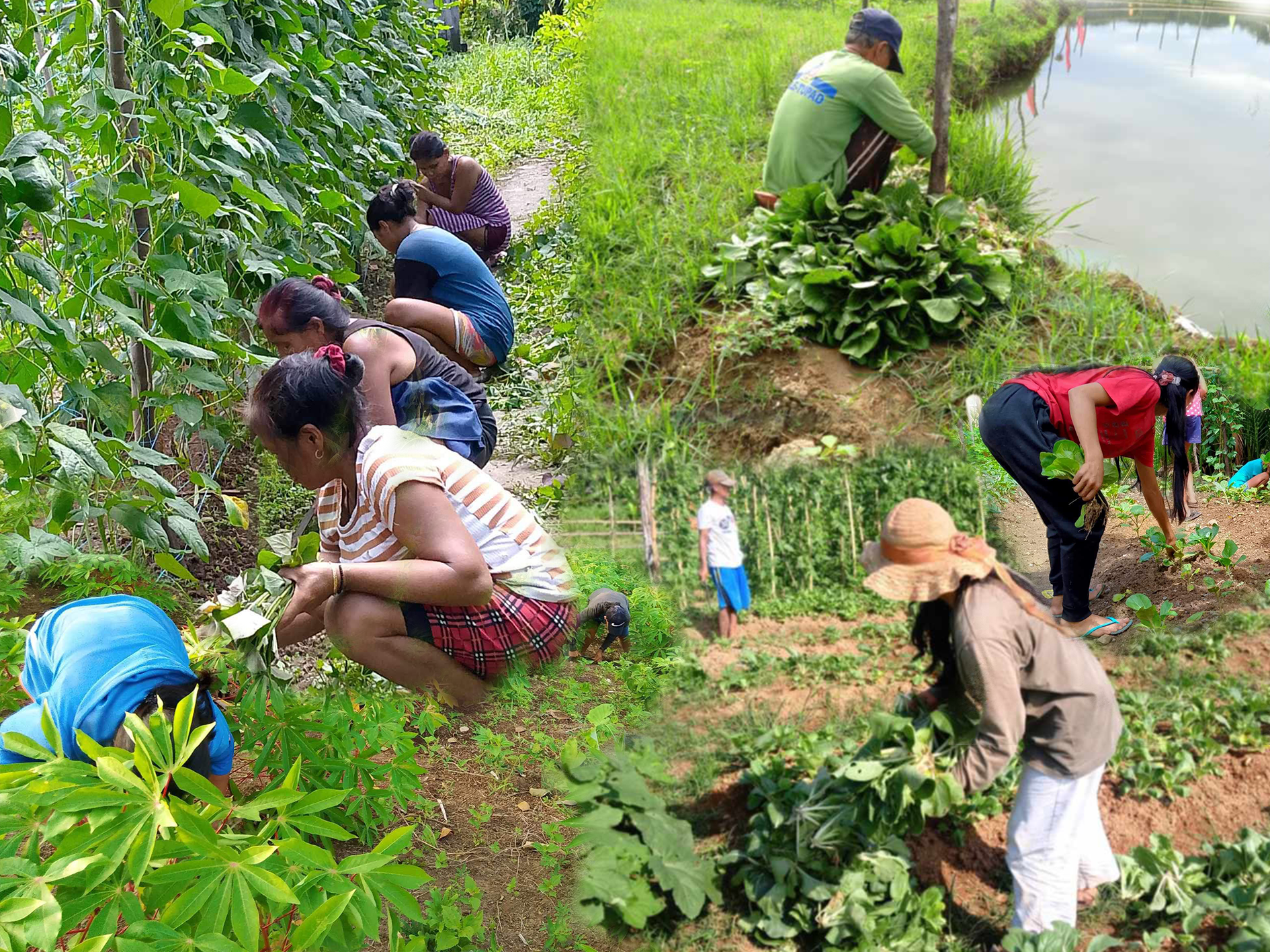
Project LAWA at BINHI (Local Adaptation to Water Access and Breaking Insufficiency through Nutritious Harvest for the Impoverished), spearheaded by the Department of Social Welfare and Development (DSWD), is making a transformative impact on the lives of Bicolanos.
This innovative initiative has created significant opportunities for the community, especially for the 4,977 beneficiaries across 15 municipalities in Masbate, Catanduanes, and Sorsogon. These beneficiaries have formed associations dedicated to enhancing agricultural productivity and ensuring food and water security.
Under the program, the partner-beneficiaries have successfully cultivated 76,141 square meters of land, comprising 141 urban gardening and farming sites for BINHI. Additionally, they have established 32 water-related projects, including 25 dug wells and swallow tube wells, and 12 small farm reservoirs (SFR) for LAWA.
Following a 20-day implementation of the Cash-for-Training and Work (CFTW) modality in July, beneficiaries received cash assistance based on the region’s minimum wage rate. Each beneficiary was provided PHP 7,900, resulting in a total disbursement of over PHP 37 million for the project’s implementation.
In August, beneficiaries celebrated their harvest, yielding approximately 1.2 tons of produce, including sitaw, okra, ampalaya, and other vegetables from their BINHI projects. These products were sold in local markets and towns, with beneficiaries also participating in the KADIWA event organized by the Department of Agriculture, where they showcased and sold their harvest at competitive prices.
The participation in KADIWA underscores that Project LAWA at BINHI extends beyond agriculture; it empowers communities, providing new livelihood opportunities and improving their quality of life.
A notable achievement of Project LAWA at BINHI is the development of community-resilient infrastructure. Small water retention facilities constructed in Viga, Gigmoto, and Bagamanoc in Catanduanes, as well as Balud and Claveria in Masbate, highlight the community’s commitment to sustainable water management. These facilities are designed to be adaptive and responsive to the impacts of climate change.
By securing reliable water sources, the project has allowed beneficiaries to maintain agricultural activities with minimal disruption and explore additional livelihood opportunities such as livestock and fish production.
The success of Project LAWA at BINHI in its first year demonstrates its potential to support a broad spectrum of agricultural and food security initiatives, including agri-fishery ventures. The project proves that small-scale infrastructure, when effectively utilized, can substantially enhance community food and water security.
The project’s implementation has been marked by active community involvement and strong partnerships with local governments, fostering a sense of ownership and responsibility among participants. The community’s ongoing commitment underscores the project’s long-term benefits and success.
Project LAWA at BINHI has emerged as a vital source of water and food for the community, strengthening their adaptive capacities and livelihoods. Its success in the Bicol Region highlights its potential for making a lasting impact on national food and water security.
Continued investment and expansion of this initiative by DSWD Bicol will ensure that more communities benefit from this transformative program, particularly those most vulnerable, such as farmers and Indigenous Peoples reliant on agriculture for their livelihoods.###
